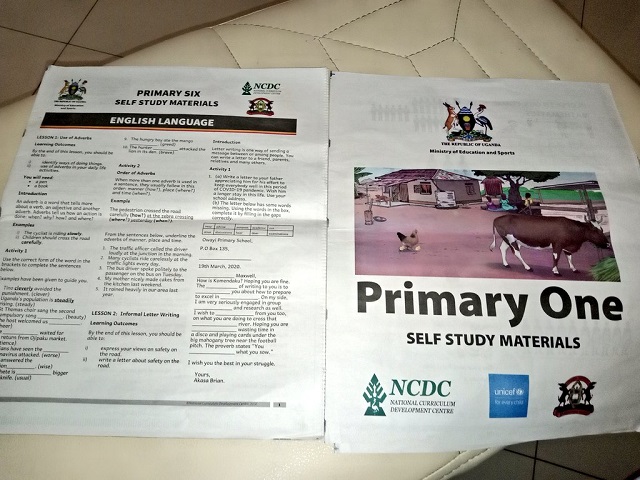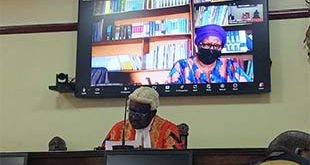
Kampala, Uganda | THE INDEPENDENT | Education expert and veteran educator Professor Fred Masagazi Masaazi has described as a white elephant, an education response plan mooted by the Ministry of Education in response to the continued closure of schools.
The Ministry of Education launched the plan as one of the interventions to ensure that learners continue learning during the lockdown. The interventions included the supply of revision study materials and airing lessons through radio and television. Schools have been closed since March 20
However, Prof Masagazi, the Principal of the College of Education and External Studies at Makerere University notes that whereas the interventions seemed to be good, they were not based on fact and data and as a result, the framers and implementers made a lot of mistakes.
Prof. Masagazi who is currently conducting a study interrogating what the Ministry of Education has done and what they want to do during the lockdown, stresses that besides the mistake, the interventions had a very slim impact on the target groups- the learners.
His observation comes a time when the Ministry of Education is planning to implement what would be the second phase of the COVID-19 response and recovery plan if schools remain closed.
According to Ismael Mulindwa, the Director of Basic Education and chairperson of the Education Response Committee, the second phase will involve printing self-study material for the syllabus.
Mulindwa shares that in the first phase, they printed material for only 25 percent out of over 15 million learners estimated to be in secondary and primary levels. However, in the proposed plan, they want to reach out to every learner.
To make the second response phase more successful, the government through the Ministry of Local Government has ordered town clerks to conduct a village registration of learners and their particulars most importantly their class and subjects offered where applicable.
Under the same arrangement, town clerks have to get primary and secondary teachers both private who “will help in the homeschooling”.
To professor Masaazi, the idea of printing the self-study materials for the entire syllabus is a ‘total joke’ because it will not help learners. He shares that at the secondary and primary level, learning must be guided yet many parents cannot take up the role of becoming teachers.
“I am an educator myself but I find it very difficult to teach my children. There are things that I cannot even attempt. Now, think of those parents in rural areas who are semi-illiterate and the burden of teaching forced onto them,” he said.
But Dr Bernadette Nambi, the deputy director of the National Curriculum Development Centre defends the plan saying that they intend to have guides and to use a peer to peer approach where learners at the higher level will help their juniors. She also notes that in the same process, learners will be supported by the teachers in their areas.
Meanwhile, Rev Fr. Ronald Okello, the Executive Secretary for Education at the Uganda Episcopal Conference says from the beginning, the ministry seemed to be pushing for their agenda even when they tried to advise them on how they should have approached their response.
Rev. Fr Okello notes that in the several consultative meetings he has attended, education ministry officials seemed to promote an already agreed position and using the meetings to rubber stamp.
“Whoever is generating these ideas is unadvisable. We as the educationists at the catholic education secretariat wanted to put in some ideas which we thought could work but they were not listening. We have now decided to keep quiet and look at what they do,” Fr. Okello told Uganda Radio Network.
Available statistics indicate that more than 15 million learners are affected by lockdown with at least 10.7 million children in primary, two million in pre-primary and two million students in secondary schools.
READ LATEST UGANDA UPDATES ON COVID-19 HERE (click)
******
URN
 The Independent Uganda: You get the Truth we Pay the Price
The Independent Uganda: You get the Truth we Pay the Price


